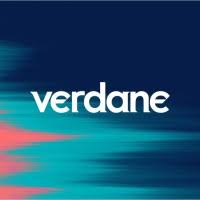
Beyond the Checklist: Unveiling the True Essence of Consumer Duty
The Consumer Duty requirements, effective since July 2023, emphasise ongoing compliance. Join our on demand webinar to prepare for July 2024, improve governance, manage risk, and monitor outcomes.








-6603e4839da0a-300x94.webp)



